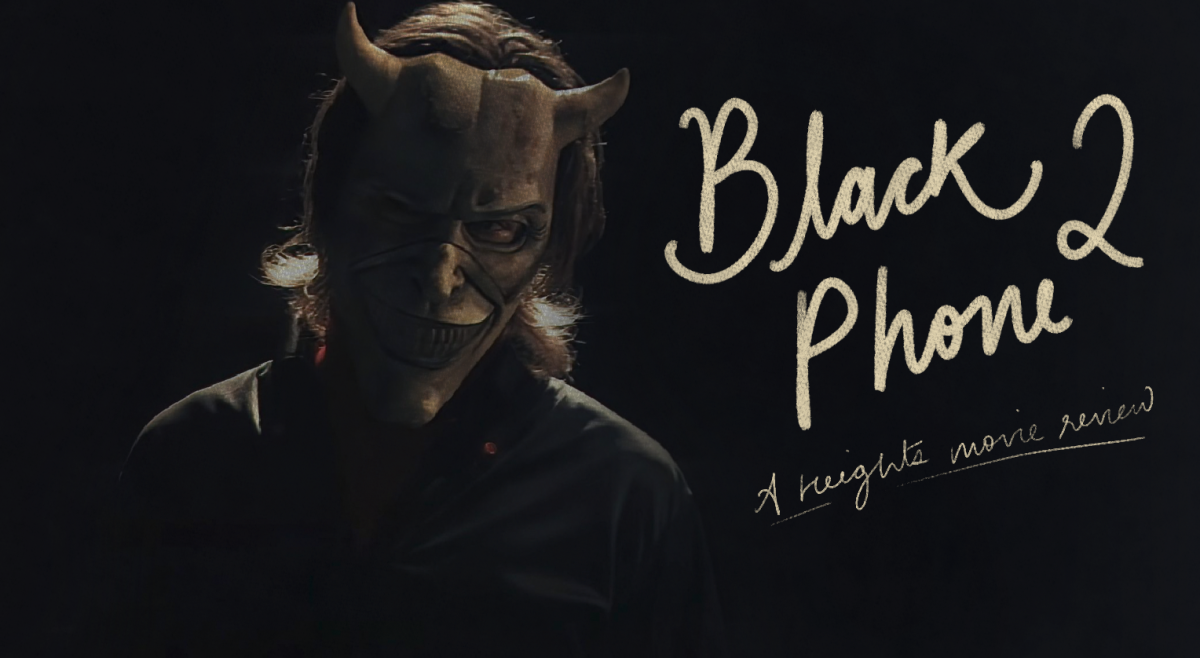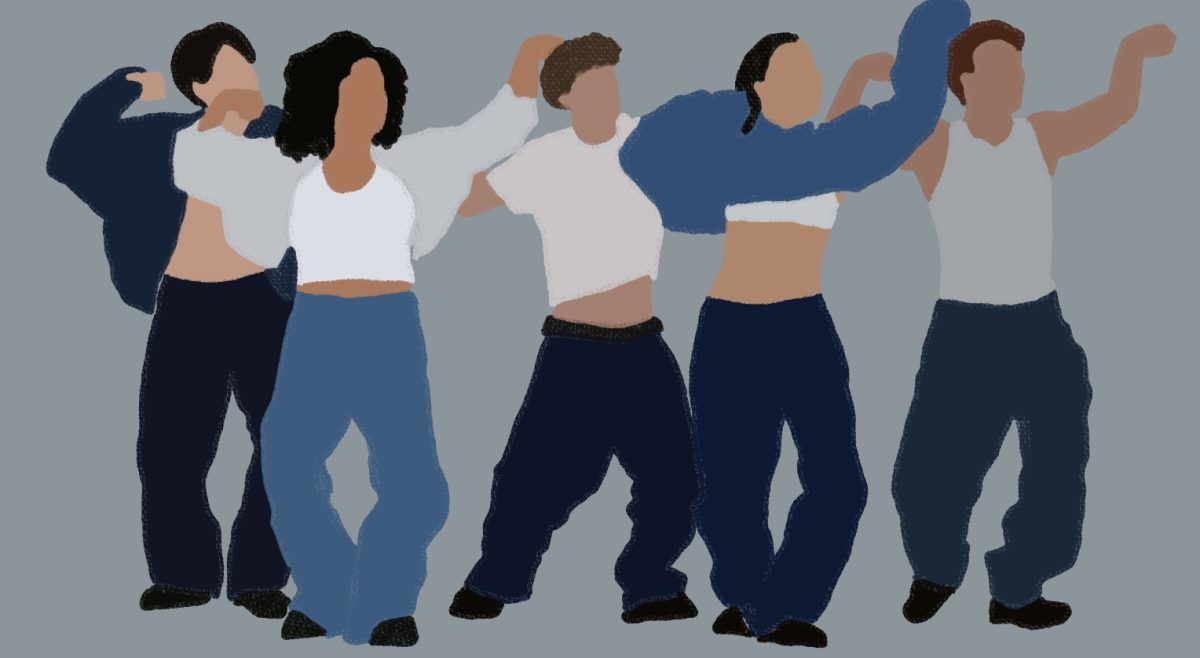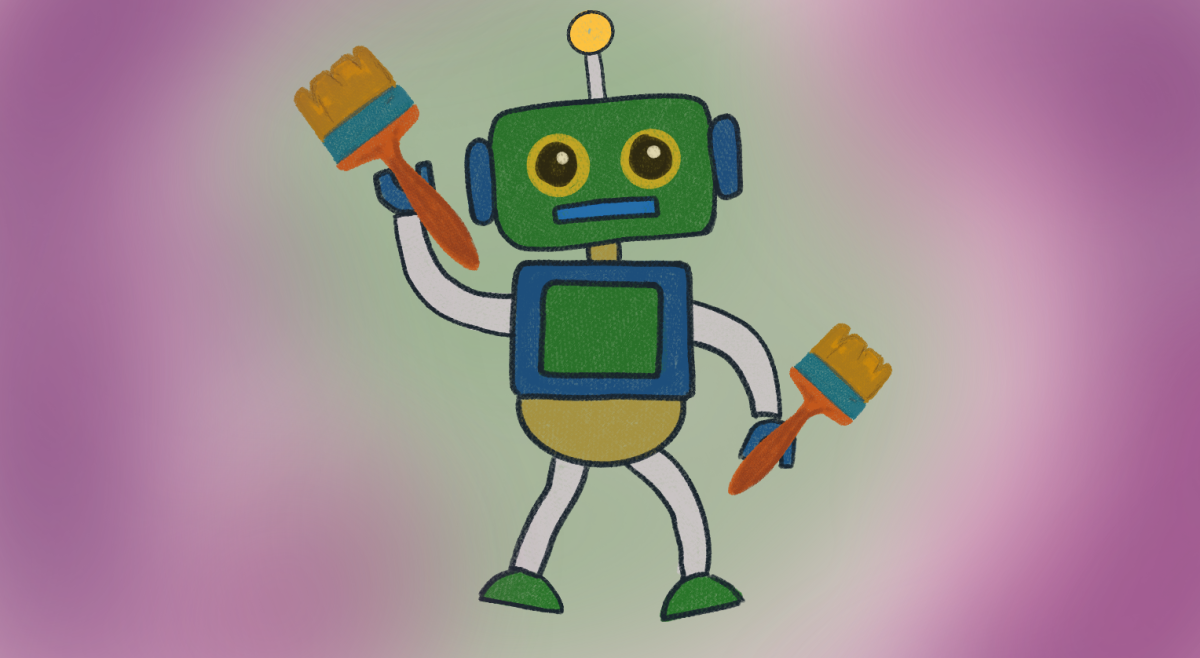Despite the Barbie phenomenon, moments throughout this awards season have shown that the message of Greta Gerwig’s movie has yet to truly sink in.
In a complicated year for movies given the SAG-AFTRA and WAG strikes, Barbie took the spot of highest-grossing film of 2023. While the quality of this movie can be highly debated—I personally don’t think it was a particularly outstanding film—its depiction of what it means to be a woman in today’s society marked a significant moment on the big screen.
As many flocked to the theaters to celebrate the new heart of pop culture, the theme of gender inequality began permeating throughout our lives. In a time where many, especially children, learn of social issues through media such as movies, it has become ever more pressing that people are exposed to discussions on these injustices.
As a summer camp counselor, I saw firsthand the importance of what films like Barbie can teach kids about themselves. Seeing my 11-year-olds greeting each other with “Hi Barbie!” and displaying high confidence in their girlhood is exactly what Barbie aims to do.
Even though, artistically, the film may have been mediocre, with its basic cinematography and moments of lacking dialogue, what should matter above all is what Barbie has managed to convey to the general public. Seeing these young girls knowing they can be whoever they want to be, I know Barbie deserves recognition for its significant theme.
So then why has this message been overlooked throughout this awards season?
The first major award show of the season for film was the Golden Globes, which featured famed moments like Taylor Swift’s snub and Lily Gladstone becoming the first Native American woman to win Best Lead Actress. But one of the most memorable aspects of the 81st Golden Globes was the absolute fumble by host Jo Koy.
Delivering unimpressive jokes and even blaming his writers for his failed attempts at being funny, Koy capped off his appalling hosting gig by taking a swing at Barbie. And boy, did he miss.
“Oppenheimer is based on a 721-page Pulitzer Prize–winning book about the Manhattan Project, and Barbie is on a plastic doll with big boobies,” he said. “The key moment in Barbie is when she goes from perfect beauty to bad breath, cellulite, and flat feet. Or what casting directors call ‘character actor!’”
Despite the point of Barbie being the empowering of women and showing young girls they never have to place restrictions on their lives, Koy manages to overlook that for a cheap, misogynistic joke. While I would never classify Barbie as one of the best feminist works of our time in any sense, what it certainly does not deserve is being reduced to a movie about, as Koy puts it, “big boobies.”
The entire point of Barbie was to battle gender inequality and deservingly give recognition to a woman’s role in society. What Koy did in his monologue showed exactly why this message needs to be spread. His neglect of the film’s significance is ironic, to say the least.
While Koy’s joke at the Globes took the internet by storm, what I have noticed since is the continuation of neglect for Barbie’s message.
Take the Critics’ Choice Awards, where the award for Best Song was given not to “What Was I Made For?”—Barbie’s featured song—but was instead given to “I’m Just Ken,” a song meant above all to simply be silly.
“What Was I Made For?” was awarded Song of the Year at the Grammys—so why is “I’m Just Ken” taking the title of the best song of the year in this show?
Ryan Gosling’s reaction reflects the shock of this snub, as the entire point of Barbie is to uplift women, yet the pinnacle song about women’s internal self-doubts is overlooked for Ken’s lamentations about not getting the girl.
“I’m Just Ken” is meant to be amusing and is certainly not worthy of the title of Best Song. After Koy’s awful joke, I cannot see the snub of “What Was I Made For” as anything beside another link in a chain of ignoring Barbie’s message.
To top it all off, out come the Oscars nominations for this year and the biggest upset of all: no recognition for Margot Robbie or Gerwig.
Now in some sense, I understand this—Barbie was not a very difficult character to portray, nor was the movie’s direction an impeccable work of art. If I am to be fully honest, I would say that Barbie would only deserve an Oscar for its music—sorry America Ferrera, but Da’Vine Joy Randolph’s acting in The Holdovers was heartbreakingly fantastic.
But for both the female lead and director to not even be nominated, despite the film’s incredible popularity and previous nominations? I would classify this as another addition to the trend of ignoring why Barbie is held to be so great. These two snubs end up undercutting how the movie connects to the audience on such a profound emotional level in its message of celebrating women.
I’m a cynic at heart—I never expected Barbie to make waves with its themes or win every award. But when I think about my campers, when I think of every little girl who watches this movie and knows how powerful they really are, the least we can do is not dismiss it as just another feminist movie.
As Gloria (Ferrera) begins her climactic speech, “It is literally impossible to be a woman.” With movies like Barbie, I hope this never has to be an issue for the future. And as long as we stop overlooking messages like this, I know it does not have to be.














